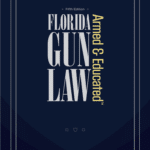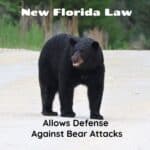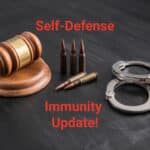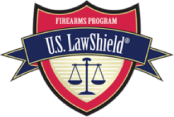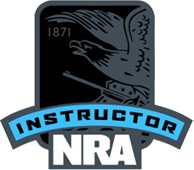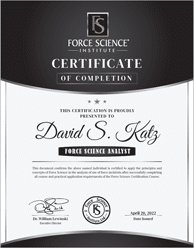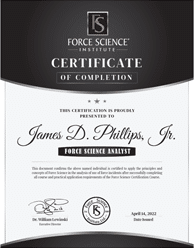
- December 25, 2018
- |
- Castle Doctrine,Gun Laws,Gun Ownership FAQ,Self Defense,Self Defense FAQ,Stand Your Ground,Use of Force
The Castle Doctrine in Florida
By David S. Katz
The term “Castle Doctrine” does not appear in Florida law, however, the legal concept comes from the philosophy that every person is a King or Queen of his or her “castle.” As such, no king or queen is required to retreat before using force or deadly force against an intruder in his or her castle. In Florida, these “Castle Doctrine” type laws are implemented in section 776.013 of Title XLVI, and include a powerful “presumption of reasonableness.” Florida “Castle Doctrine” laws extend to a person’s dwelling, residence, or occupied vehicle.
If you are a victim of unlawful force or deadly force when you are in a dwelling, your residence, or an occupied vehicle, the law will provide you protection beyond the general rules of self-defense. For additional details or help, you might want to reach out to a Florida Castle doctrine attorney. In these “Castle Doctrine” circumstances, the law will presume “reasonable” your belief that force or deadly force was necessary to defend against unlawful force likely to cause imminent death or great bodily harm. Under these statutes, a person’s belief that it was necessary to use force or deadly force against an imminent threat will be presumed reasonable. This legal presumption, if available to an accused, is a potentially powerful legal argument and requires the prosecutor to overcome the presumption with evidence showing that the defendant’s fear of death or great bodily harm was unreasonable.
So how does a person qualify for “Castle Doctrine” protection? Florida law requires that two conditions be present:
- The person against whom deadly force was used was in the process of unlawfully and forcefully entering, or had unlawfully and forcibly entered a dwelling, residence, or occupied vehicle, or they had removed or were attempting to remove another against that person’s will from the dwelling, residence, or occupied vehicle, and
- The person who uses defensive force knew or had reason to believe that an unlawful and forcible entry or unlawful and forcible act was occurring or had occurred.
As can be seen, section (1) covers conditions when someone is entering or attempting to enter your “castle,” or is removing or attempting to remove you or someone else from your “castle;” section (2) further requires that you knew this was happening or had reason to know it happened.
If you meet these two requirements, you qualify for “Castle Doctrine” protection, which is a powerful legal tool for any person who is accused of a crime and claiming justification. The presumption will be further enhanced by having no duty to retreat.
A second presumption is found in Florida’s Castle Doctrine; one which presumes the bad guy is entering the castle to do bad things. Section 776.013(4) states that, “A person who unlawfully and by force enters or attempts to enter a person’s dwelling, residence, or occupied vehicle is presumed to be doing so with the intent to commit an unlawful act involving force or violence.”
Florida’s Castle Doctrine is one of the strongest defensive weapons a gun owner has. Many states offer some protections to firearms owners in their own homes, however, as you can see above, Florida’s Castle Doctrine does much more and perhaps provides the greatest protections in the country.
Learn how you can lose the protections of the Castle Doctrine in future blog posts.
Get in touch

"*" indicates required fields
Copyright © 2022-2025 The Firearm Firm All rights reserved.

